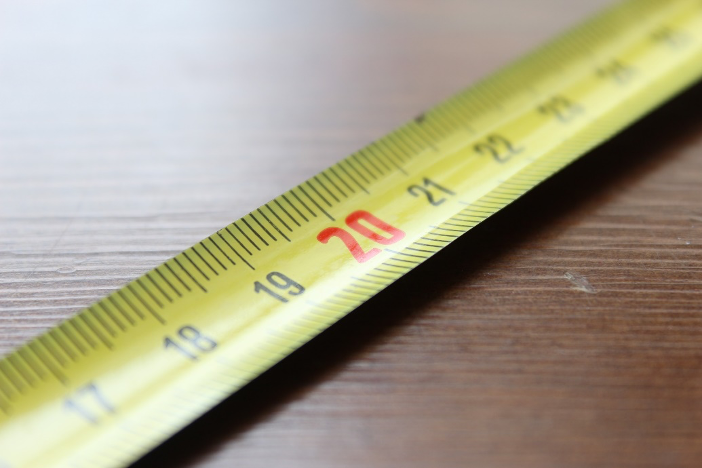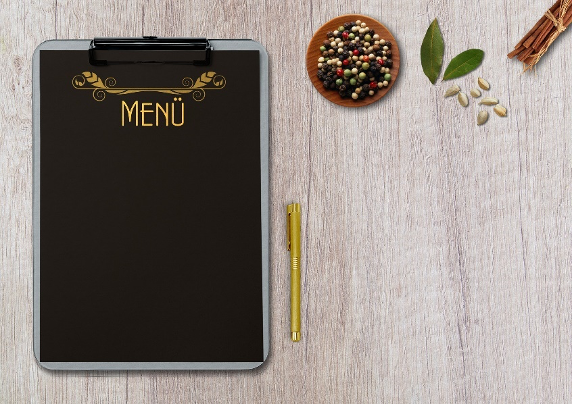Weight Loss for the COVID 19

While Americans are no strangers to overweight and obesity, even previously lean people are struggling with weight gain these days.
We could point to all of the contributors of weight gain, but I think it is more valuable to focus on what to do about it and highlight some benefits of lockdown to living a healthy life amidst a pandemic, uncertainty, and difficult new norms. These are valuable skills that will help you maintain a healthy weight over your lifetime, no matter the circumstances.
5 Tips to Lose Weight and Keep It Off
1) Limit alcohol to one drink a day…or just less than you’ve been drinking.
While there are many jokes about alcohol sales soaring during the lockdown and relief that alcohol could still be accessed, the unfettered use of alcohol easily contributes to the pounds. This is not new information, but here are the specifics:
Two glasses of wine = 250 calories x 7 days = 1750 calories/week
1750 calories/week x 40 weeks (approximate # of weeks since initial lockdown) = 70,000 calories
70,000/3500 calories (approximate # of calories it takes to gain or lose a pound) = 20lbs
Funny how the math works out, huh?
2) Have a menu of coping skills.
As addressed in our previous posts, the last several months have been hard, like really hard. No one said you should snap to it and adapt immediately. Food and drink are an understandable place to find comfort during times of uncertainty, boredom, and stress. The problem is that even for naturally lean people, this does eventually lead to excess weight. And at this time and place in the world, there are a myriad of other options that could lead to coping that are longer-lasting, produce less guilt and shame, and do not have negative outcomes.

Here are some of the Help for Wellness team’s favorites:
- Game night
- Swimming
- Phone a friend
- Dance party (others not required!)
- Take a bath
- Read
- Meditate (consider an app like Calm)
- Pray
- Go for a walk/hike/run
- Invest in and create your own home gym (peloton instructors are my new secondary therapists!)
- Check out Richard Simmons’ “Sweatin’ to the Oldies” or a Zumba class on YouTube!
- Serve others with your time, talent, and/or treasure (lots can still be done online!)
- Learn something new/that you haven’t had time for previously
- Watch documentaries about adventure (Mt. Everest and skiing are my family’s favorites right now!)
Ok, before all this healthiness gets too annoying, let’s go over the formula for these patterns of behavior. You experience a distressing emotion (sadness, anxiety, boredom, etc.) which leads to an action (movement toward the refrigerator, cabinet, wine, fridge, etc.) To break this pattern, instead of moving, think, “STOP! What else can I do?” and consider trying one of the options from the list above that you have already considered and prepared as a backup plan. Try the new activity for 15 minutes. If it doesn’t help curb your desire for food or drink, knock yourself out, (but it probably will).
From a cognitive-behavioral perspective, if you break up the pattern of distress —> substance —> temporary relief —> rinse and repeat, you will feel better. It’s a matter of going from what is easy to what is healthy for you, physically, mentally, emotionally, and spiritually. The mistake we make is allowing thoughts like, “That won’t help,” “It’s too much work,” “I don’t feel like it,” to enter our minds and win. Try to break the cycle, just once, because I think you’ll like it. And… I know you can do things that seem hard!
3) Engineer your environment to make it less likely that you’ll eat and drink things that are not helpful for you.
The most common question I get from people about consuming unhelpful things is, “Why did I do that?” My answer, despite what we just discussed above, is, “It was there.” Imagine the following—you have a feeling of distress and then you go to get the thing that you think will help you feel better (temporarily) and it’s not there. Now, I know you could just go get it. But maybe, that pause would give you a chance to try a different coping skill. Or maybe you would go for something that’s available and a healthier choice if you are truly hungry or thirsty.
One advantage of the pandemic (though a tragedy for the restaurant industry, for which I am very sorry) is that people are eating at home more. Even if you get take-out occasionally, treat your body with respect by ensuring you have stocked your cupboards and refrigerator with foods and beverages that fuel and are good for you.
Another silver lining in this difficult time is increased use of online grocery ordering through the stores themselves or apps like Instacart. This reduces the cues/temptations that we have to encounter when we are actually in the grocery store that incentivize us to buy things that look or smell good or that we actually don’t need. Place your order online when you are rested and full so you will make better choices and pick it up or have it delivered. Once the groceries are put away, rest easy knowing you limited your exposure to things that are helpful and reduced the likelihood of your having an excess of unhelpful food and alcohol in the house.
4) Keep records of what you have eaten.
This is an eye-opening exercise for anyone, whether you need to manage your weight for the long-term or lose 15-20lbs. Many studies show that people underestimate their intake and overestimate their movement. As we did in the math above with alcohol intake, the numbers usually tell the story. I myself, even after working in weight management for 15 years, have had the reaction, “Ohhhhhh, no wonder my pants feel tighter!” if I have fallen out of the practice of keeping records. Of course, what determines weight is the balance of energy consumed and energy burned but keeping track of nutrient and fluid intake can also set you up to not only look good, but feel good, and have plenty of energy. Our minds have lots to keep track of and having the data in front of us is informative and can be transformative. My favorite food tracking app is Lose It, whose free version I use, but has paid versions available for those who like a lot of data or reminders. Others available are MyFitnessPal and MyNetDiary.
5) Please don’t diet!!!
Please! I’ll say it again, please don’t diet! Will you need to be slightly more careful when trying to lose weight? Yes. But should you do something very unusual that you are not going to do for the long term? NO!!!!!!! Can you tell I have strong feelings about this? Are you motivated, smart and disciplined enough to whittle yourself down? Probably. But should you? NO!!!! If this is confusing, here is the formula for long term weight management:
Keep records of your intake and exercise.
NOTE: Do not “use” exercise calories to eat more! Fuel more if you’ve exercised for more than an hour. Otherwise, know that exercise is often the glue that helps you live a healthy lifestyle with more benefits than burning calories for weight loss.
Exercise every day.
A healthy, realistic benchmark to work up to is 300 intentional calories burned/day. This is about one hour of low intensity exercise.
Have a plan for intake that is consistent with your activity level, food preferences, and lifestyle.
A good rule of thumb to maintain your weight is to multiply your weight x 10 and eat that number of calories (i.e., a 150lb person will probably maintain weight at 1500 calories). If you want to lose weight, eat less than that and maintain that amount of intake for the long term.
Here’s your reward if you’ve read to this point.
The reason people gain weight after a loss is that they stop doing what they did to lose weight and they increase their intake now that they’re “finished” losing weight. There is no such thing as being finished unless you’re ok with gaining it back. Your intake and activity levels need to track with your current body weight to maintain your hard work! Also, if you hit a plateau, don’t stop! This is your body’s natural adaptation to weight loss. Plateaus are normal and part of the process. If you throw your hands up and return to your previous ways, you will gain! If you keep going, you’ll either maintain your weight loss or lose more!

Cognitive Behavioral Therapy is the only psychotherapy that has demonstrated to be effective for long term weight management. To learn more, visit Therapy for Weight Management | CBT for Individuals and Groups (helpforwellness.com)
 Next Post
Next Post